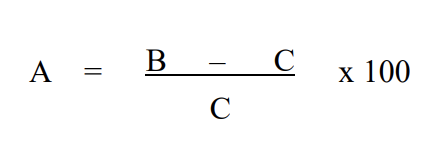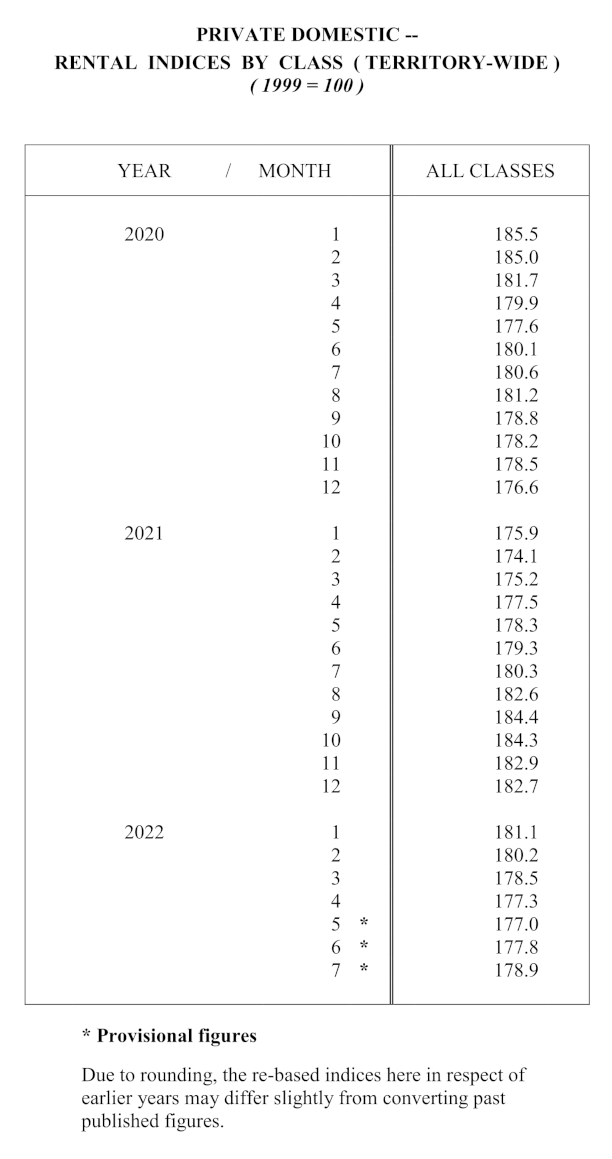XX. Case Illustrations
Scenario:
Mr. B intends to rent a commercial property from ABC Company to run a retail shop. Both parties have verbally agreed on the major terms of tenancy including the rent and the tenancy period. The landlord (ABC Company) has instructed a solicitor firm to handle the relevant tenancy documentation.
Question 1:
Mr. B received a Draft Tenancy Agreement that was prepared by the landlord's solicitors. It seems that many terms are favourable to the landlord. Is this usual in tenancy dealings? What can Mr. B do to protect his interests? Answer 1
Question 2:
Subsequent to the signing of the Tenancy Agreement, the parties agreed to amend certain terms of that agreement. Can they simply mark the amendments on the existing agreement or do they have to enter into a new agreement? Answer 2
Question 3:
After having used the property for a certain period, Mr. B believed that the property needed substantial renovation. He asked the landlord to do the renovation but the landlord asked him to contribute to the costs. Who should be responsible for these renovation costs? Answer 3
Question 4:
Mr. B did not paid rent for 2 months. What can ABC Company do to recover the outstanding rent and/or to get back the property? Answer 4
Question 5:
Mr. B settled all of the rental arrears, but ABC Company told him that it intends to sell the property. The company assured Mr. B that it would inform him of any potential purchasers of the existing tenancy. However, Mr. B was told that he should allow potential purchasers to enter and view the property. Can Mr. B refuse this? Answer 5
Question 6:
There were only two months left in the period of tenancy. Mr. B refused to pay the rent for the final two months and told ABC Company that it could forfeit the deposit (which is equivalent to two months of rent) as a payment of the outstanding rent. Should ABC Company accept this? Answer 6
Question 7:
After the expiration of the tenancy, Mr. B stays in the property and pays rent at monthly intervals and ABC Company continues to accept that rent. Will the terms of the expired Tenancy Agreement continue to bind the parties? Answer 7
Answer 1:
As the landlord's solicitors drafted the Tenancy Agreement it is inevitably prejudicial to the tenant's interests. The best way for Mr. B to tackle this situation is to retain a lawyer to assist him to negotiate for more favourable terms (or to strike out unfavourable terms).
Anyone who has read a usual tenancy document will probably be amazed by the unbalanced proportion of obligations to be observed by the parties. The landlord must only comply with a few obligations, such as providing quiet enjoyment, repairing the roof and external walls, and paying government rent. In contrast, the tenant must comply with many dos and don'ts. However, a tenant should recognize that the situation may not be as bad as it seems. As a tenancy has the effect of passing the interests in the property to the tenant, the duty to keep the property in good repair and maintenance also passes to the tenant. Hence, it is quite normal that a tenancy document, even after negotiation between the solicitors for both parties, still seems to impose many obligations on the tenant. This apparent unfairness is actually quite reasonable because the tenant is the “person-in-charge” of the property during the period of the tenancy and for matters which the landlord does not have sufficient knowledge or control of.
Answer 2:
In general, the landlord and the tenant can mark the amendments on the existing Tenancy Agreement and then place their signatures next to the amendments. The parties can also enter into a supplemental agreement that incorporates all of the amendments rather than putting numerous amendments onto different parts of the existing agreement.
However, if an amendment is so substantive that it alters the nature of the Tenancy Agreement, then it might be desirable for the parties to enter into a new agreement to avoid any confusion. For example, if the period of a tenancy is extended, then a new tenancy is actually created and the parties may have to enter into a new agreement and comply with the necessary legal requirements. If the rent is increased, then additional rent is also chargeable to stamp duty. The number of potential legal consequences is as infinite as the number of imaginable amendments. The parties should therefore seek legal advice before they commit themselves to any amendment.
Answer 3:
The word “renovation”, in its ordinary sense, connotes the meaning of the improvements, decoration and adornment to be made of a property. It may not cover the repairs or maintenance that are essential to the occupation of the property, such as repairing a cracked wall or ceiling. Furthermore, a Tenancy Agreement is likely to specify that the property is let on an “as is” basis, which means that the tenant is aware of the conditions of the property when the tenancy commences. Therefore, unless the Tenancy Agreement provides otherwise, Mr. B is not entitled to request the landlord to renovate the property.
Generally, it can be said that neither the landlord nor the tenant has a duty to renovate a property. As a tenant is the factual occupier of a property, it is reasonable for the tenant to bear any costs of renovation. However, the parties can negotiate between themselves on any proposal for renovation. A landlord will probably be more willing to bear the costs of renovation in cases in which the tenant has been occupied the property for a long time and has committed to continue renting the property.
Answer 4:
Please refer to the relevant question and answer.
ABC Company, as a landlord, should also be cautioned that it should not use any illegal measures to get back the outstanding rent or the property (e.g. by breaking open the door without a court order). A ny person who unlawfully deprives a tenant of occupation of the relevant premises may commit an offence and may be liable to a fine or even imprisonment.
Answer 5:
A well-drafted tenancy document will invariably include a clause under which the landlord covenants to give quiet enjoyment of the property to the tenant. Quiet enjoyment, in this context, does not simply refer to freedom from noise, but extends to freedom from interruption by the landlord. Even if the tenancy document does not contain such a clause, then the tenant's right to quiet enjoyment is implied by law. Therefore, unless the tenancy document expressly provides that the tenant must allow a potential purchaser to view or inspect the property (usually at certain time before the tenancy expiration date), the tenant is fully entitled to refuse the landlord's request for viewing or inspection.
In fact, the landlord should have notified the potential purchaser about the existence of the tenancy and the property should be sold “subject to tenancy”. Purchasers who buy under such circumstances should understand that they are probably buying properties without the right to view and inspect them.
Answer 6:
A tenancy document usually specifies that the tenant must pay a deposit to secure the performance and observance of the tenant's covenants under the tenancy document, such as to pay rent, to keep the property in good condition, to execute repair and to comply with the relevant laws. The agreement to pay rent is only one of many covenants that are made by the tenant. The landlord, in most circumstances, will not know whether the tenant has performed and observed such covenants until the recovery of the possession of the property.
Upon regaining possession of the property, the landlord may find that pipes are blocked, walls are painted in weird colours, windows are broken, the refrigerator is gone, trash is left all over the property, etc., and that the tenant cannot be located anymore. The deposit may not be able to cover the aggregate of the unpaid rent and the expenses incurred to refurbish the property. It is therefore unwise to accept the tenant's proposal to substitute the payable rent with the deposit which may lead to irrecoverable losses suffered.
Answer 7:
Upon the expiry of a tenancy, the original Tenancy Agreement becomes obsolete. The terms and conditions specified in that agreement do not bind the parties any more. If the “tenant” continues to stay at the property and the “landlord” makes no objection, the relationship between them will evolve into a tenancy at sufferance: that is to say, the “landlord” suffers the presence of the “tenant” at the property. Strictly speaking, this is not a tenancy at all because the “landlord” has not expressly agreed to let the property. The “tenant”, in this sense, is merely an occupier or even technically a trespasser unless the landlord continues receives rent without objection. Tenancy at sufferance is ambiguous in law because both the “landlord” and the “tenant” are uncertain of their rights and liabilities. In such circumstances, the parties should as soon as possible enter into a new tenancy document that spells out clearly their respective rights and liabilities.





 Print
Print Email
Email
